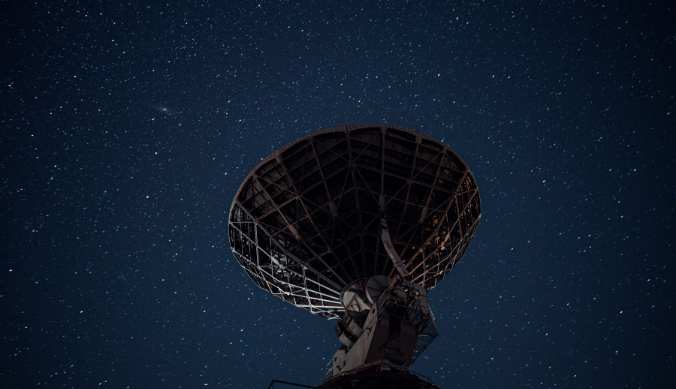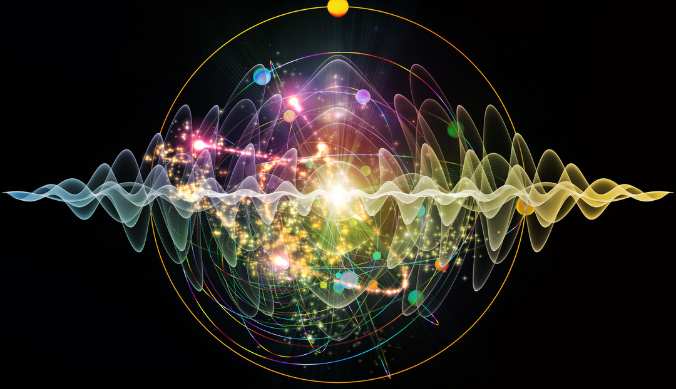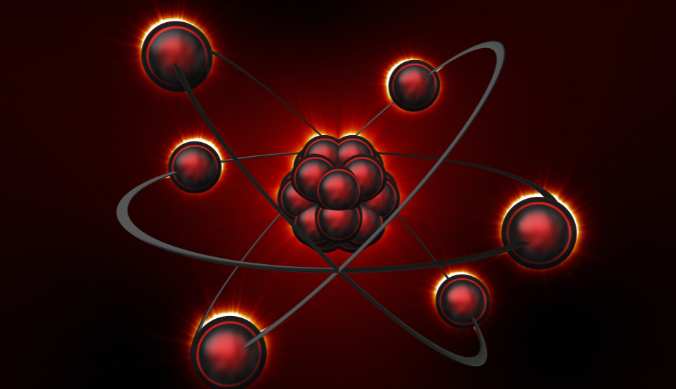The department of physics started in 2017 and has been growing in size and scope to encompass a number of contemporary research areas. Our key focus research areas currently are Condensed Matter Physics (Soft and Hard), Biophysics, Astrophysics, Cosmology and Quantum Field theory. Please refer to the faculty profile pages for more information on the research interests of our faculty members.
We have a PhD program in physics where we aim to select motivated and committed students with a passion for research and to train them to be active and independent researchers.
Our undergraduate physics program provides a solid grounding in the traditional core undergraduate physics curriculum and also an opportunity for students to pursue more eclectic interests in the sciences or beyond. Besides pursuing higher studies in physics, students get the necessary training and skills which can be used in other scientific fields and interdisciplinary endeavors.
The details of courses (graduate and undergraduate) taught at the physics department can be found here.

Physics is many things to many people. It is a doorway to some of the most beautiful and…

Ashoka University offers a year-long Postgraduate Diploma in Advanced Studies and Research (DipASR) to students who have completed…

The Department of Physics at Ashoka University periodically invites applications for its Ph.D. program. Information about PhD recruitment…
The department of Physics has faculty members working on a wide rage of topics including Theoretical Condensed Matter Physics, Soft Matter Systems, Biophysics, Cosmology and Quantum Field Theory.

Astrophysics is a branch of space science that uses the principles of physics and chemistry to understand the universe. It explores the birth, life, and death of stars, galaxies, planets, and other cosmic objects, as well as the fundamental nature of space and time. Cosmology is a branch of physics and metaphysics dealing with the nature of the universe, the cosmos.The aim of cosmology is to apply laws of physics to the universe as a whole. Observations tell us that the universe is neither eternal nor static, and therefore it raises questions as to when and how did the universe start? What did it look like in the past? How will it evolve in the future? Astrophysics is closely related to astronomy and cosmology, often working in collaboration to address complex questions about the universe.

Quantum Field theory is a well-tested framework describing nature across a wide range of length / energy scales, with diverse applications across Particle Physics, Cosmology, Condensed Matter Physics and other areas of physics. Within this domain, the work in the department has focussed on Conformal Quantum Field Theories of different kinds - relativistic, non-relativistic and supersymmetric. Also under active investigation are topics spanning Quantum information and Quantum many-body theory. In particular, recent work has focussed on quantum complexity measures with a view towards the study of chaos in non-integrable quantum dynamics.

Research in condensed matter physics explores the physical properties of matter in regimes where the interactions between constituent particles are significant enough to lead to collective behaviour. Modern condensed matter physics, both experimental and theoretical, includes quantum mechanical systems as well as systems that can be understood largely through classical physics. It includes the study of magnetism, semiconductors and superconductors, focusing on elucidating fundamental phenomena including collective excitations, topological order, and quantum phase transitions. Soft condensed matter physics, sometimes called the physics of complex fluids, investigates materials that are easily deformable. Such systems exhibit novel and often nonlinear flow properties. They include polymers, colloids, gels, fluids and liquid crystals. These can be modeled using tools of statistical mechanics.
Applications are now open for the new Axis Bank Post-doctoral Programme at Ashoka University.
Dipankar Bhattacharya, Head of the Department, Physics and the Sunanda and Santimay Basu Professor of Astrophysics at Ashoka University, elaborates…
The Science and Engineering Research Board has instituted the fellowship to enable brain gain and offer Indian Scientists working abroad…
The performance of the first Physics undergraduate batch upholds Ashoka’s interdisciplinary approach to teaching sciences.
Join us on Tuesday, 23 February 2021 | 6:00 - 7:00 PM
This event is a one-of-a-kind opportunity for high-school students and teachers to delve into the realm of High Energy Physics.
The seminar gave high school students and teachers an opportunity to delve into the realm of High Energy Physics.
For any queries regarding Physics programmes, please contact: -
